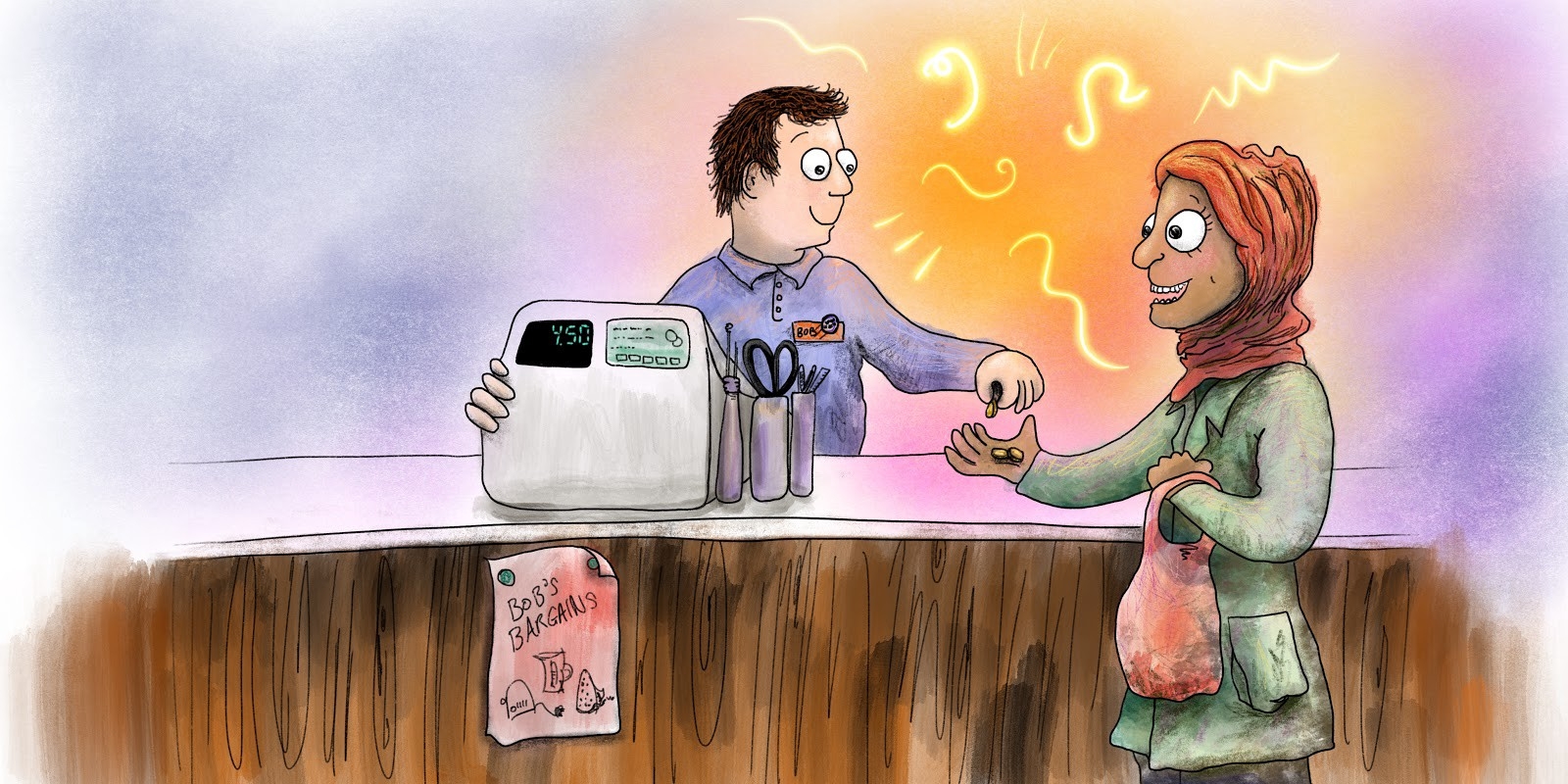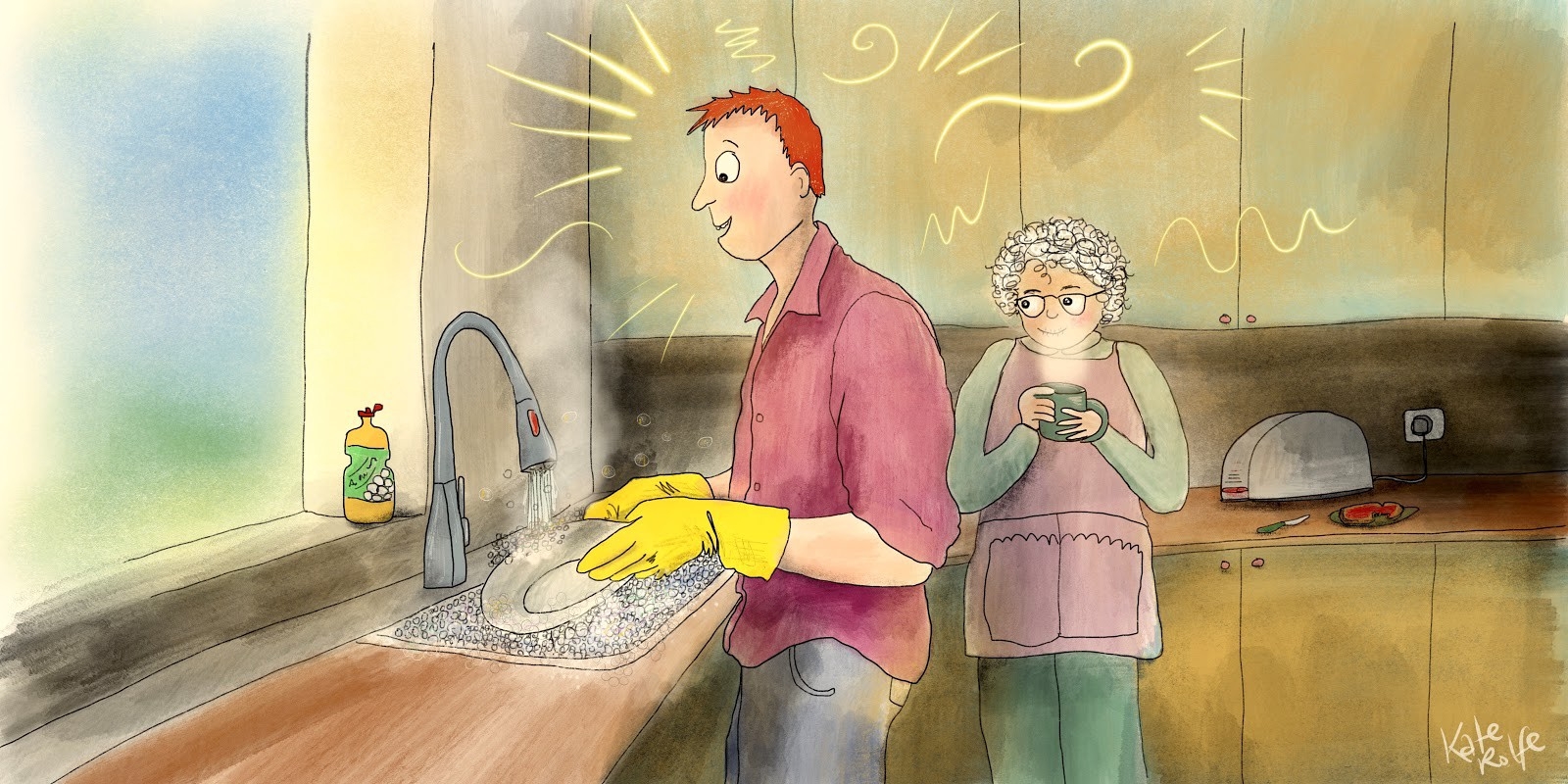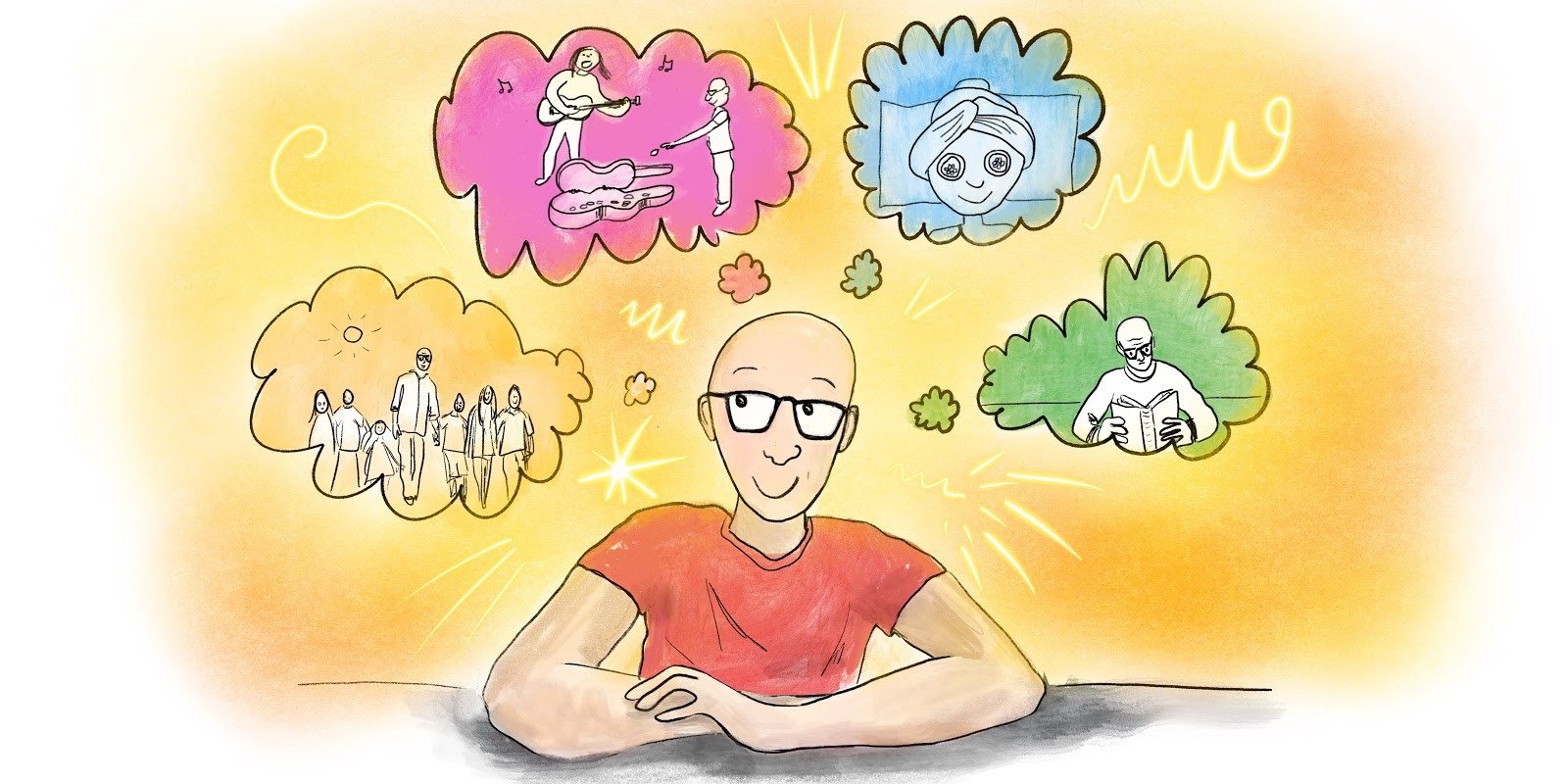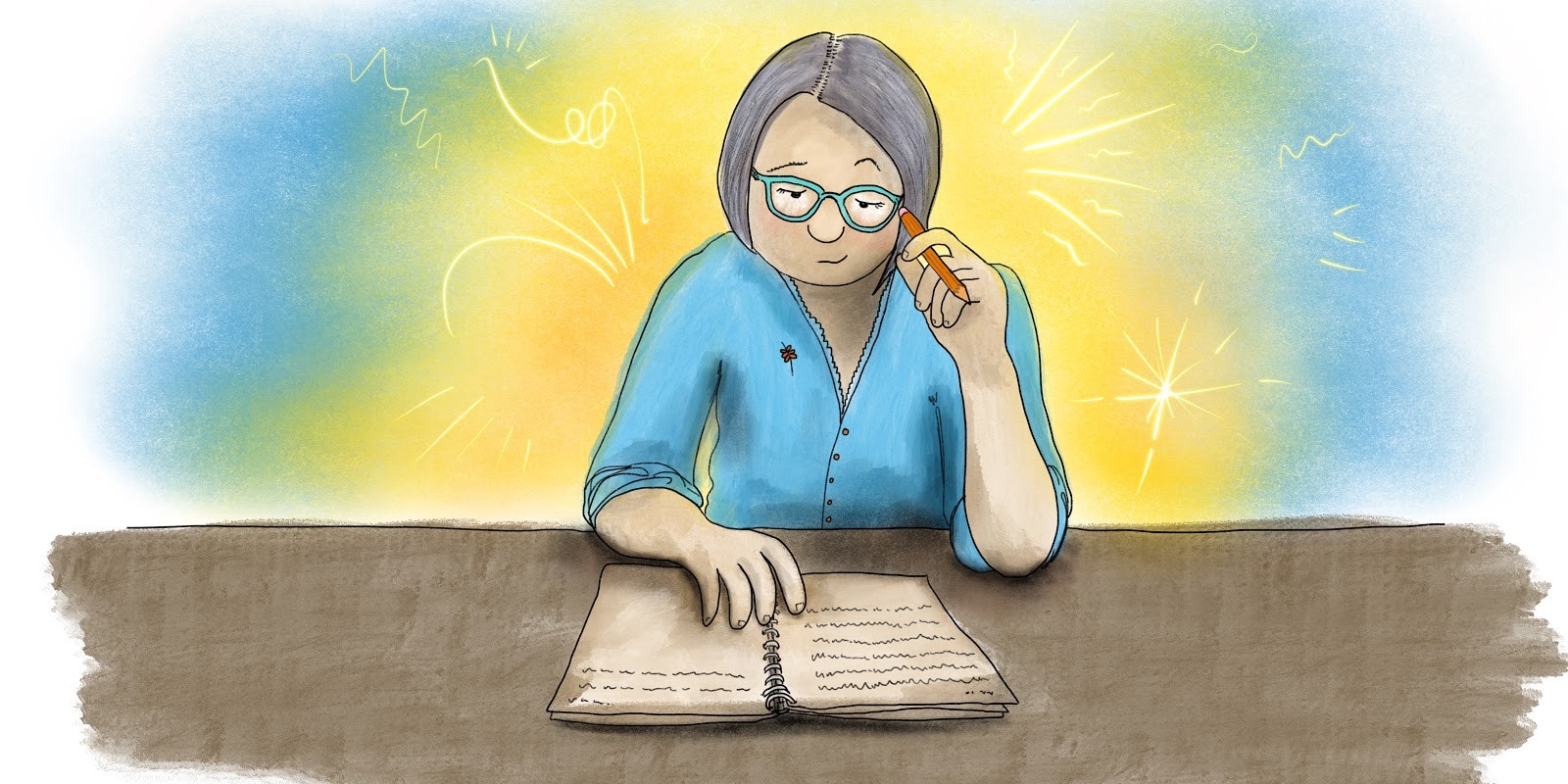Why do people lose their spark?
And how do they get it back when they do?
These are the questions I found myself pondering in the middle of 2018. I’d been feeling a bit disengaged from life for a while and had come to realise the feeling wasn’t going away anytime soon.
Why had I lost my spark?
Honestly, I had no idea.
I was a middle-class guy in the middle of his life residing in the middle suburbs of one of the world’s most liveable cities — Melbourne, Australia.
Professionally, I’d been living the entrepreneurial dream for 16 years. I owned and ran businesses that gave my family financial security, allowed me to travel the world speaking and teaching (two things I really love), and involved work that was generally very fulfilling.
On the home front I was happily married and father to three healthy kids.
Given how good my life was, I felt huge guilt at being in such a funk.
After talking with a few people close to me, and discovering others had experienced or were experiencing similar feelings, I wrote about how I was feeling in a blog post.
And then I thought long and hard about actually pressing publish. Would this post actually help other people (my usual criteria for pressing publish)? Or was it pure self-indulgence? In the end, I decided if it helped one other person feel a little less alone, it would be worth it.
And the response was overwhelming.
The article received thousands of shares and hundreds of public comments from people who said it resonated strongly. A large number of people messaged me privately to say my story connected with their present situations. And there were also many encouraging messages from people who were on the other side of what I was experiencing.
How is it that so many of us feel quite stuck in life and struggle to find joy and contentment in lives that are, for the most part, great?
I suspected evolution plays a part. We, humans, are inherently competitive creatures, hardwired to be dissatisfied and always keep pushing for more.
But, I also wondered if it might be because we weren’t paying attention.
Or, were paying attention to the wrong things.
I thought it was worth doing a little experiment.
At the end of my blog post, I invited readers to take part in what I called the Sparks Challenge, a simple daily journaling exercise where participants answered two questions:
- What gave me energy today?
- What did I do to give other people energy?
Essentially, these questions were asking people to pay attention to, and reflect on, the moments in their days where they experienced little sparks of joy and contentment.
Nearly 600 people signed up to take part in the month-long challenge.
Here are some of the insights and findings that emerged from that challenge.
What Gave Me Energy Today?

Some people found answering this first question easy. They quickly realised sparks could be found in the tiniest of places:
- Drinking a cup of tea by themselves before the rest of the house got up,
- Sitting with their partner on the couch,
- Going for a walk.
Some found it hard. They felt each day was much the same (groundhog day!). Or they realised much of what they did each day actually took energy away from them.
My experience was interesting. I found it easy to answer this question for the first half of the challenge because I was on vacation with my family. There were lots of new stimuli and experiences and I was spoilt for choice at the end of each day.
For the second half of the challenge, I was back at work. I was still able to answer this question, but because work is more of a routine and repetitive thing for me, it took more effort to notice the things that gave me energy.
What Did I Do That Gave Other People Energy?

The reaction to this question was interesting. Many people felt it was presumptuous to feel something they did gave someone else energy.
And perhaps I should have worded the question differently to say, ‘What did you do for someone else today?’ Because that’s where people found they gave other people energy, by doing something for them, be it:
- Helping their child with their homework,
- Listening to a friend talk about a problem they were having, or
- Even something as simple as a smile.
The people who found this question most difficult to answer were those who worked alone and/or didn’t have much contact with other humans during a typical day. Several of those people made the observation that they didn’t realise just how isolated they were until they did the challenge. The challenge inspired them to seek out more opportunities for connection.
Finding Your Spark: Four Places to Look First
The main thing to emerge from this challenge was the Sparks people identified in their days usually fell into one of four categories.
1. Curiosity

Curiosity is driven by the questions of who, what, when, where, why and how. Whenever someone followed one of those threads and discovered something they didn’t know before, even if it was small, there seemed to be a lot of joy and satisfaction in that.
Things like:
- Reading an article about a topic they wanted to know more about,
- Trying something new,
- Watching a documentary or experimenting with a recipe.
Looking back at my own journey I can see that paying attention to and acting upon the things I’m curious about is almost always the first step in getting myself out of a rut or starting a new phase of life.
If you read my first article, you would have seen this in action when I recounted the experience of receiving an email from a friend telling me to ‘check out this blog’. I didn’t know what a blog was at that time so was curious and clicked on the link.
When I arrived on the blog I saw something I didn’t really understand but was intrigued to learn more.
Then I wondered what would happen if I started my own blog.
Curiosity fuelled my journey into starting a blog as a hobby but curiosity also fanned the tiny sparks that saw blogging become the business it is for me today.
The key with curiosity is to not be satisfied to simply wonder and to ask ‘What if…’ questions. You need to take little steps of action too.
Remember, I clicked the link, I learned more, I started my blog.
What I saw in our challenge group was people doing likewise.
Some curiosity-driven Sparks from the challenge included:
‘Worked on landscape design for future work at our house.’
‘Completed a research project.’
‘Took a day trip to several state parks to scout camping spots for our new RV.’
Following your curiosities can lead to all kinds of sparks. Is there currently space in your life for both being curious, and also for following those threads of curiosity by taking small actions?
2. Creativity

Many of the challenge participants cited the more traditional forms of creativity as energy giving: painting, music, drawing, writing, knitting, etc.
But creativity manifested in surprising ways too. Things like:
- Tweaking a recipe to accommodate a food allergy,
- Solving a tricky problem,
- Coming up with a dress-up day costume on short notice.
As a child, I tried my hand at drawing, music and even knitting (thanks Nana!) but never really found my thing. So, in my mind, I just wasn’t all that creative.
That all changed in my mid-teens when I discovered a love for public speaking. While the thought of preparing a short talk to give at church and then getting up to deliver it terrified my friends, I was absolutely energised by it.
I particularly loved the crafting and shaping of the talk and honing my stories. In more recent years this has been augmented by the careful preparation of slide decks. All of these things involve a process that is inherently ‘creative’.
So, it was thrilling to find out that yes, I was creative. I just hadn’t found a place to express it yet. From that point, I decided to pursue other creative endeavours, falling in love with photography and discovering I could write too!
Looking back on my journey with the benefit of hindsight, I can see the times I felt most alive were often highly creative periods.
Conversely, a lack of creativity in my life often coincides with periods of becoming stagnant.
The last few weeks have highlighted this lesson afresh for me as I recently had an opportunity to preach at my church (something I’d not done for over two years). The resulting sparks that flew for me (and hopefully others) were incredibly fulfilling.
And I’m not alone in this. Our challenge participants saw all kinds of creativity-driven Sparks including:
‘I got a ton of time to work on my own writing projects this weekend! Super energising!!’
‘Feeling GREAT about getting through my to-do list at work this week, considering there were so many technical issues and things beyond my expertise. I was able to find help or figure things out, even though it was a bit overwhelming at times.’
‘Brainstorming with a co-worker on a project.’
Exercising creativity can be pursued in many ways but it can also easily slip out of our lives if we don’t create space for it. How intentional are you in making space for creativity?
3. Connection

A connection can be created by something as simple as smiling at someone as they walk towards you in the street. Or listening to your child recount the events of lunchtime at their school.
Giving people either your time, attention, or both seem to have the ability to spread positive energy around like butter.
Of course, none of this just happens and during the challenge, numerous participants reported two big barriers to connection.
Firstly — some found connection difficult because life’s circumstances including employment (or lack of it), life stage and family makeup, meant they spent a lot of time in isolation.
Secondly — some found the barrier to social connection for them was busyness. Life was so full of activity that little meaningful connection was able to occur.
It was fascinating to watch these two themes emerge over the 31 days. Despite being quite different problems both groups came to the same conclusion — they needed to be more intentional about creating time and space for connection.
It’s so easy to go through life in proximity to others without actually forging deeper connections with them.
The great thing is that making intentional connections may not need to be a huge big change in your life.
For example, my family and I have decided to make a simple change to our dinner time routine. We’ve always eaten together as a family but the time we spend there can sometimes be a little chaotic (life with three young boys is full of such times).
So we decided to try something new as we eat and instigated a ritual at dinner where each person answers these three questions:
- What’s the best thing that happened to me today?
- Who am I grateful for?
- What am I looking forward to tomorrow?
This simple structure has led to some interesting conversations already, the kids are really into it, and it’s been incredibly energising for the whole family. (Another unexpected benefit is dinner time is a little calmer too.)
Some connection-driven Sparks from our challenge group members included:
‘I didn’t really see anyone besides my hubby today, I was all alone at work. But I think I gave him some energy by listening to him.’
‘Asked an acquaintance to stay for dinner, he’s going through a rough time and I think he appreciated the gesture.’
‘Started up a conversation with someone at the bus stop today and discovered we support the same football team. We had a good chat about our team’s current woes.’
Another important aspect of the connection equation was connecting with ourselves as individuals. Many people mentioned meditation and daily exercise as great opportunities for connecting and sitting quietly with themselves. I also had a couple of people message that they found the exercise helped them connect on a ‘spiritual’ level too.
A deeper connection with others, yourself or the divine doesn’t tend to just happen. Are you intentional about creating space in your week to create meaningful connections?
4. Contribution

At many times during the challenge, people remarked that doing something for someone else gave both them, (the giver), and the receiver a spark of energy. This isn’t surprising because, from a survival point of view, humans aren’t just wired for competition, we’re wired for contribution too. We derive great joy from being in a position to help each other.
And while it’s easy to think that helping each other requires grand gestures, it really doesn’t. It’s often small gestures like washing the dishes for your parents, or dropping a friend’s child to basketball training, or helping your partner put away the groceries that make the biggest impact.
Some of the contribution-driven Sparks from our challenge group members included:
‘I’m that person at work who ‘knows stuff about computers’ so always get called on to help when someone is having an IT issue. Today I helped two co-workers with problems they were having with their computers.’
‘I dropped a meal off for a friend who is currently undergoing chemo.’
‘Filled in as the basketball coach for my daughter’s team today as the regular coach is away.’
For me, moments of contribution during the challenge looked like …
- Volunteering to take photos at an event at our kid's school
- Preaching at my church
- Sponsoring a friend who was raising money for a note for profit.
What I find interesting is that in all of these examples there was an overlap between one (or more) of the other C’s mentioned above.
Volunteering my photography was not only a contribution to the school but it was an opportunity to be creative and build connections with staff, students and parents at the school.
Preaching at church was not only a contribution to my faith community but was again a creative activity and led to some interesting conversations and deepening of relationships with those who heard me.
Lastly sponsoring my friend not only helped the organisation he was raising money for but also was a statement that I valued our friendship — deepening our connection.
Key Takeaway from the Challenge

The key takeaway from the challenge was that for all of us, there are many little Sparks of energy and joy happening in our days. It seems that if you feel like you’re in a life rut, and that life is devoid of joyful moments or contentment, finding opportunities for:
- Curiosity
- Creativity
- Connection
- Contribution
might be just what you need to break free of that rut. But … it seems we do need to be very intentional about noticing these moments and/or seeking them out.
Find Your Spark

Something this challenge highlighted for many people was that there is a significant benefit to be found in making time for:
- daily reflection and contemplation
- setting intentions that lead to meaningful actions
With this in mind, I worked with my friend and co-author Kelly Exeter to create some reflection sheets that would allow people to set daily intentions around curiosity, creativity, connection and contribution.
You can request those daily reflection sheets here.
If you’re thinking, ‘How cool would it be if Darren and Kelly put these daily reflection sheets into a real physical diary’, well, your wish is our command.
You can purchase the hardcover, three-month diary here.
In addition to the daily reflection, it contains an extensive introduction, weekly bonus questions and monthly reflections too.
Finally, if you’d like to interact with others who are utilising these daily reflections to find their spark, you can join the Find Your Spark Facebook group here.
We’d love to see you in there!
As with the previous post in this series, I’d like to thank Kate Rolfe who created the custom illustrations for this piece!

